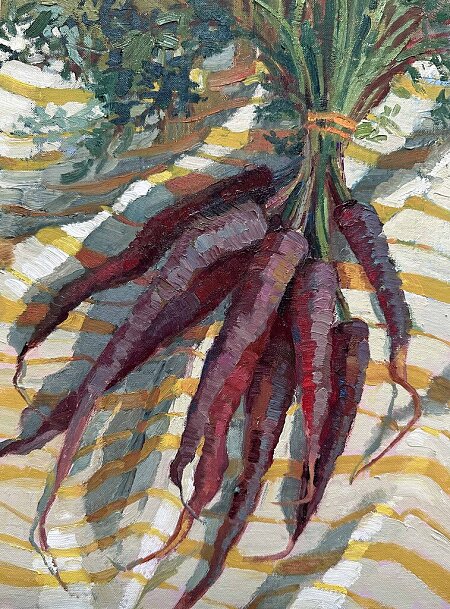
How Will They Remember You?
“What I mean to say is,” he started, trying to hide the stammering in his voice, “sometimes folks get a little antsy when talking about the war.”
Alcide breathed the heat out of his lungs and leaned onto the counter. “I didn’t say nothing about the war.”
“Your coat, though …” The man gestured toward the blood on the front of his jacket and the Confederate insignia hanging from his shoulder. “Most folks would rather you just move on. You get it, right?” He did his best to smile.
Alcide turned to see two men standing in the entry, young and official looking. Though they didn’t wear uniforms, both stood tall with the kind of authority that is given and not earned.
“Everything alright here?” one of the men asked. His hand rested on the grip of a pistol tucked into his belt.
“Everything is fine,” Alcide said, drawing his hands off the counter. “I was just leaving.”
The two men parted as Alcide exited the store, then came back shoulder-to-shoulder to prevent his changing his mind. The sun had only just started to descend from its high place in the sky. He pulled his coat tight and headed down the road that would lead him back home to Rachel.
*
The march to war had been endless. Soon, Alcide and Joaquin had lost track of the days. Once their company crossed the state line into Arkansas, rumors spread that they were heading towards a large group of Union soldiers. And as that violent reality began to settle into their minds, more and more men deserted camp during the night. Every morning, the company awoke to find another tent empty and abandoned.
One night, in the dark stillness of their tent, Alcide asked his son, “How do you want to be remembered?”
Joaquin considered the question. “I want to be remembered for defending my home,” he said. “And as a great soldier.”
Alcide knew these as the dreams of youth, the dreams of the ignorant and prideful who didn’t know what it was to hold the power of life and death in their hands. His son wanted to be remembered for courage, Alcide thought. But they would both carry a legacy of violence.
Alcide’s own father had been a man with violence in his heart and the skills to see it done. As a child, he had watched his father sling a rifle across his back and rush out to meet his neighbor at their property line. No one could say who shot first, but everyone knew why it happened. The two men killed each other over three feet of land, a border dispute that claimed their lives and marked their families’ legacies forever. That night, Alcide hitched his father’s corpse to a sled lashed together from branches and twine, listening to the buzzards circling patiently above them.
“What about you?” Joaquin asked his father. Alcide’s memories evaporated, and he turned to see the dark outline of his son, lying next to him.
“I want to be remembered as your father,” he said.
As the pair drifted off to sleep that night, Alcide tried to remember his father as a kind man, a good man, a caring father. But in his mind he only saw those buzzards circling all the way up to eternity and the twisted expression of hatred forever carved into his father’s face.
He wasn’t sure how long he’d been asleep, maybe hours, maybe minutes. Off in the distance, gunfire popped, sparse at first but soon one after another. Soon the shouts began to break through the summer night. And although he couldn’t understand it at first, the news came fast and loud, soldiers crossing the creek during the night, blue coats ambushing on every side. Fight for your lives, they said. Fight for your families.
Alcide shook his son awake and began gathering their boots and clothes.
“Get up. We’re leaving,” he said.
“I’m going to help them fight,” Joaquin said.
“You’re going to do what I tell you.” Alcide turned his coat inside out, concealing any insignias that might draw attention.
